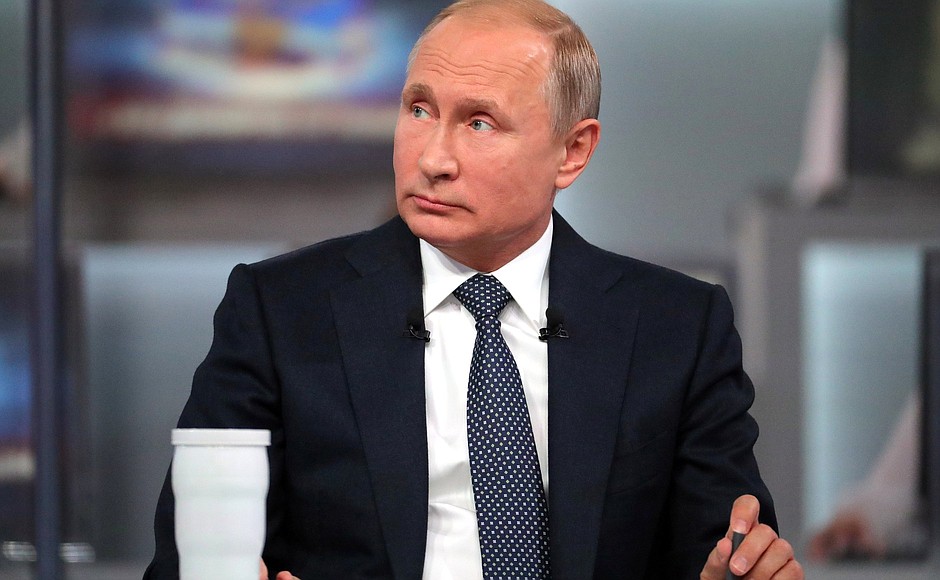Analysis
Politics
Projects
How Orbán’s Anti-Ukraine Crusade Fuels Hungary’s Election War Machine
10 October 2025
It is difficult to estimate how far the anti-Polish political and media campaign will go, inspired and instigated by actions from the Kremlin. It may have far-reaching consequences for Russian citizens’ relationship with Poland and the Poles.
At the end of 2019, Russian President Vladimir Putin made several addresses on the causes and consequences of the Soviet-German treaty of August 1939, known as the Molotov-Ribbentrop Pact. He did so in various forums – from a live annual press conference to the Community of Independent States Summit in St. Petersburg, to the Russian Defence Ministry College.
This unusual activity by the head of the Russian state was framed by several pro-Kremlin media outlets as part of the preparations for the 75th anniversary of the victory over Nazism, and that Putin was responding to attempts by “certain forces” in the West to manipulate the history of the Second World War and the pre-war politics of some European states.

It is very likely that Putin’s reaction was provoked by the European Parliament’s resolution on the importance of historical memory in Europe, approved in September 2019, which underlined the co-responsibility of Nazi Germany and the Communist Soviet Union for the start of the Second World War.